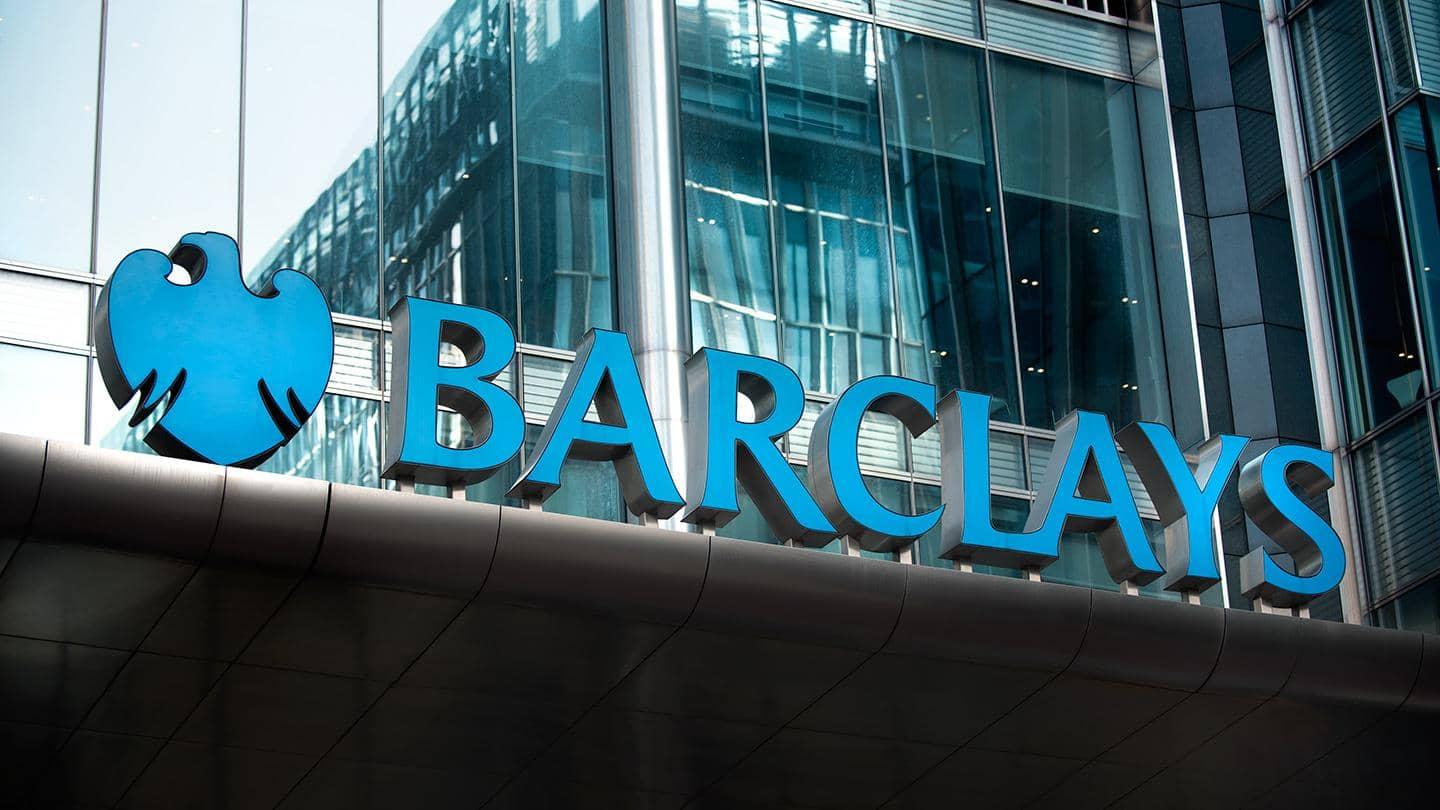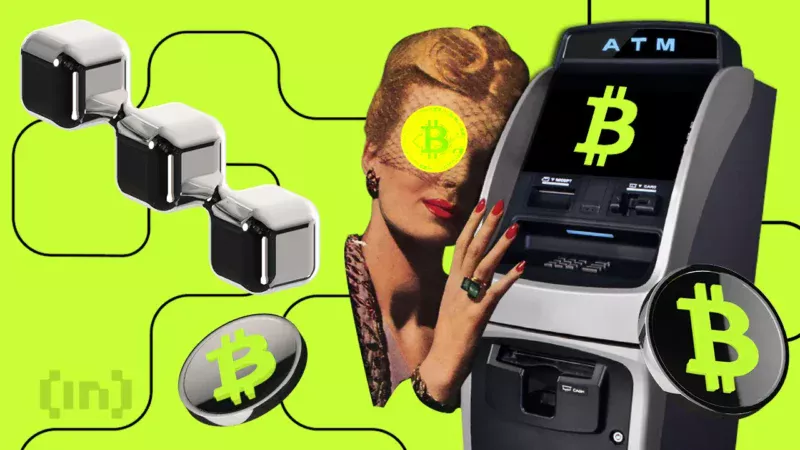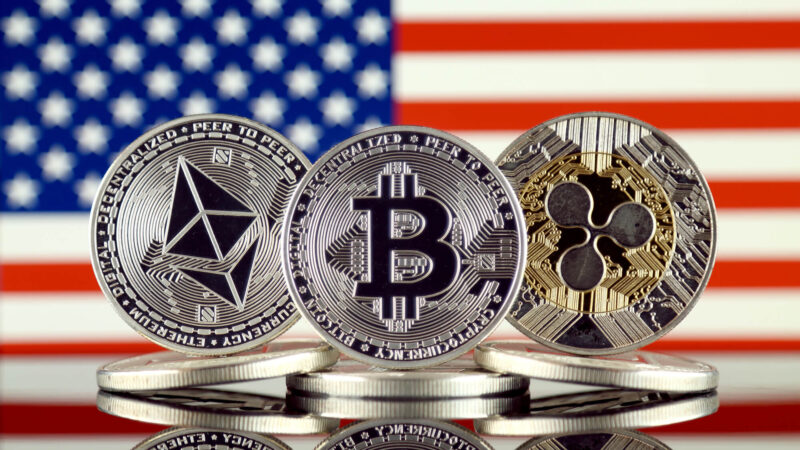Barclays blocks payments with cryptocurrencies by credit card – another blow for private investors

Barclays has announced that from June 27th it will prohibit the use of its credit cards for the purchase of cryptocurrencies. This marks a significant change in its attitude towards digital assets.
The Step should affect the participation of retail in the cryptoma markets, especially since other large financial actors take measures to make cryptocurrencies more accessible.
The British banking giant referred to concerns regarding the risks associated with crypto investments that have long been associated with high volatility and regulatory uncertainty. According to the official message on the barclays website, the restriction should reduce the risk of potentially unstable markets.
Although at the beginning of the year by the U.S. leader's statements from Barclaycard, Paul Wilmore, references to this policy appeared, the limitation now seems to apply more comprehensively, also for customers in Great Britain.
This approach is in a strong contrast to developments in other areas of the payment industry. Mastercard, for example, has recently announced a partnership with Chainlink to optimize crypto purchases on the blockchain, which signals a more open attitude towards digital financial services.
The tightening of the measures by barclays comes at a time when Bitcoin has stabilized over $ 100,000 after a turbulent phase that was characterized by global economic pressure and monetary policy changes. In view of the still high interest rates and the tense credit conditions, the abolition of a common entry point for private investors could continue to dampen enthusiasm at short notice.
Analysts warn that the restriction of access to cryptocurrencies via credit cards – often the preferred means of payment of occasional investors – could reduce the inflows of private investors at a time when the market is trying to gain momentum again.
While some institutions open the doors for the introduction of Onchain cryptocurrencies, others like barclays seem to inflict them.






